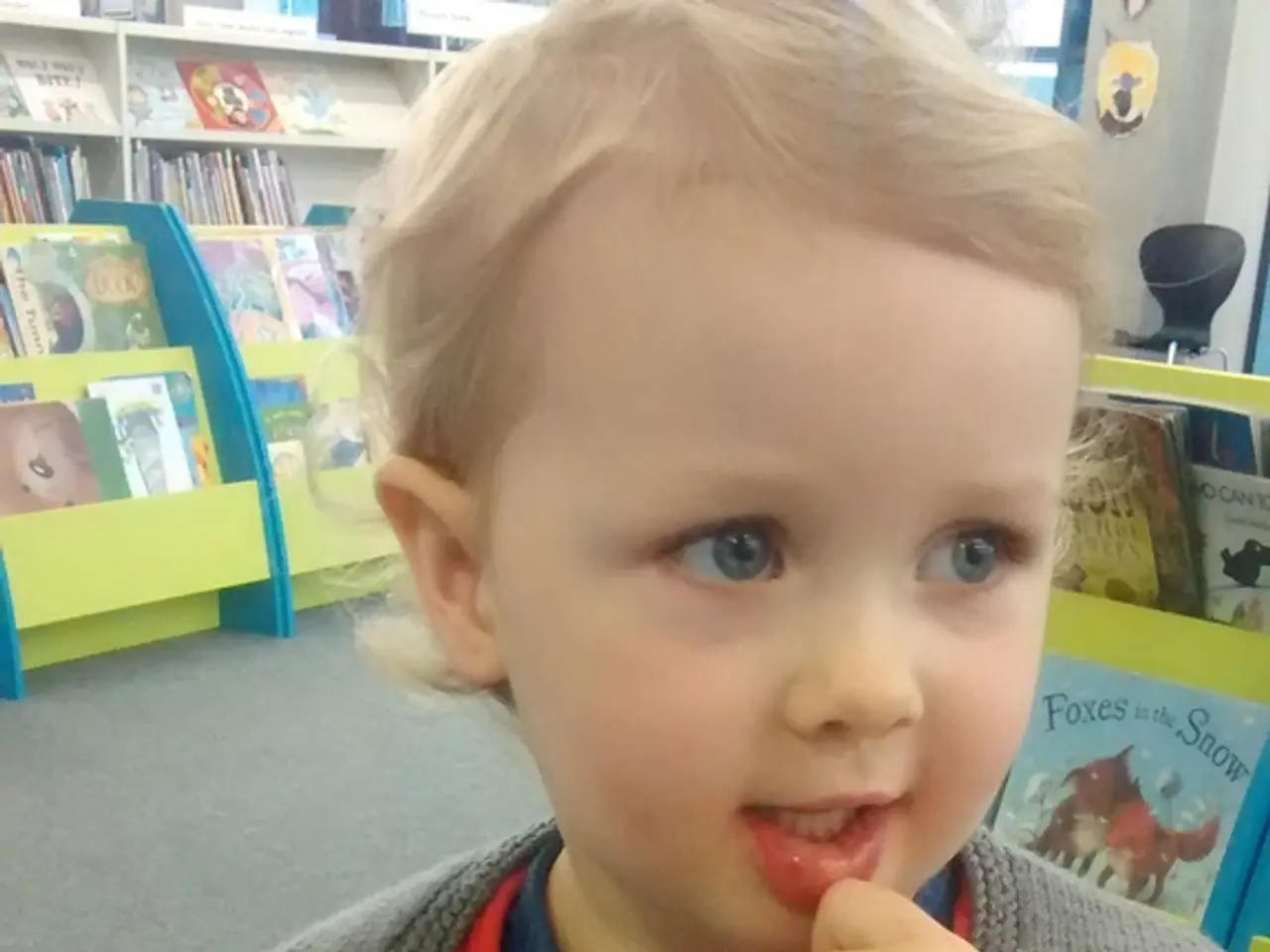Instruction for Parenting: Fostering Progress and Maturation in your Offspring
Nurturing a Growth Mindset in Children: Strategies for Success
Encouraging exploration and curiosity in children is the key to fostering critical thinking skills and a sense of wonder and discovery. This approach lays the foundation for cognitive development, setting children up for success in school and in life.
One essential aspect of nurturing a growth mindset is praising effort rather than innate abilities. Praise focused on effort, persistence, and strategy encourages children to value the process of trying and learning from mistakes. Instead of saying "You're so smart," it's more effective to say "You worked really hard on that."
Challenges and mistakes should be framed as natural steps in learning. Emphasizing "I can’t do this yet" instead of "I can’t do this" directly teaches children that skills develop with time and effort.
Creating a supportive environment where children are given time, space, and gentle guidance to explore and work through problems independently is crucial. This promotes self-correction, resilience, and problem-solving skills, as seen in Montessori education approaches that align closely with growth mindset principles.
Intrinsic motivation should be fostered by encouraging a love of learning for its own sake. Letting children follow their curiosity and find satisfaction in their accomplishments rather than relying on external rewards is key to developing a lifelong love of learning.
Supporting children's emotional literacy and regulation is equally important. Helping them identify and manage feelings like frustration enables children to persevere in the face of difficulties without discouragement.
Encouraging children to explore their passions and interests in diverse and personalized ways promotes sustained engagement and deeper learning. Recognizing and celebrating both academic and personal progress, including soft skills like resilience and teamwork, boosts confidence and motivation.
Establishing a structured daily schedule is essential for promoting organization and time management skills in children. Utilizing visual aids, timers, and cues can greatly assist children in understanding and following the schedule effectively.
Introducing children to a world of wonder and learning through hands-on activities can foster a love for learning that extends beyond the classroom. Artistic activities like painting and crafting allow children to express themselves creatively, fostering imagination and self-discovery. Science experiments help children learn to ask questions, make hypotheses, and analyze results, enhancing their critical thinking skills.
Acknowledging children's efforts, encouraging open communication, and creating emotional connections help children thrive and reach their full potential. By praising effort, teaching resilience in the face of failure, fostering a love for learning, supporting passions, and modeling resilience, learning from mistakes, and embracing challenges, we can effectively nurture a growth mindset in children.
- Incorporating learning activities that range from health-and-wellness, such as cooking nutritious meals, to science experiments, supports a growth mindset by enhancing children's critical thinking skills and fostering a love for learning.
- Making a connection between education-and-self-development and personal-growth, parents should encourage learning as a means to develop not only academic skills but also soft skills like resilience, empathy, and teamwork, which are important for personal growth and parenting.
- Learning and parenting go hand in hand, as nurturing a growth mindset involves setting aside time for exploration, guiding children through challenges, and celebrating their progress in areas like health-and-wellness, education, and personal development, ultimately promoting a sense of emotional well-being and lifelong learning.




